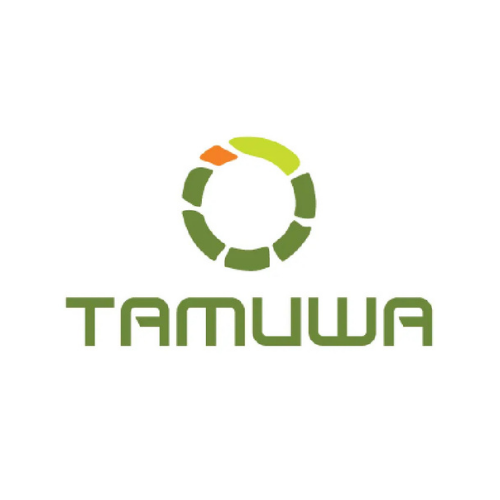
Uphold
Uphold is a versatile global digital money platform offering a "anything-to-anything" trading experience that connects cryptocurrencies, fiat money, and precious metals to the digital marketplace. Uphold serves as a crucial access point for the Hedera ecosystem, allowing users to buy, sell, and hold HBAR through its simple interface while facilitating on-chain deposits and withdrawals.
Uphold's platform highlights the exchange’s transparency, publishing its assets and liabilities in real-time and maintaining a 100-percent plus reserve policy, ensuring user funds are fully backed.
Beyond basic trading, Uphold offers features including recurring buy orders for dollar-cost averaging and staking rewards on various digital assets, including HBAR. Its "Vault" feature provides enhanced self-custody options for HBAR holders and secure private key management with assisted replacement.
Uphold is also holds over 50 licenses and registrations globally, including compliance with FinCEN in the US, the FCA in the UK, and FINTRAC in Canada. They adhere to stringent anti-money launder (AML) and know-your-customer (KYC) procedures.
Project Information
Related Projects

The Fugitives Club NFT is a collection of 1,912 unique digital collectibles minted on the Hedera Hashgraph network. Each "fugitive" character in the collection is algorithmically generated from multiple layers of distinct images and graphics, resulting in a visually unique NFT with its own identity. The project is recognized as an early entrant in the Hedera NFT space, with its initial minting event occurring in November 2021.
Beyond collectibility, The Fugitives Club is noted for its contribution to developer tooling within the Hedera ecosystem. The project team developed and made available a command-line interface (CLI) tool via GitHub, designed to facilitate the minting of NFTs using Hedera and the InterPlanetary File System (IPFS) for decentralized storage. This indicates a broader engagement with the underlying technology.
The project features a cultivated community, with "clans" of fugitives and dedicated channels for engagement. The Fugitives Club represents one of the foundational NFT projects on Hedera, combining unique digital art with contributions to the developer community.

Coming soon..

Tamuwa, founded in 2015, is a Kenyan company at the forefront of the renewable energy sector in Africa. Its primary focus is on converting agricultural waste, specifically sugarcane bagasse, into a sustainable and affordable energy source. By producing high-density briquettes and pellets, Tamuwa provides a clean alternative to traditional fuels like firewood and charcoal, addressing issues of deforestation and promoting a circular economy.
The company's core service is the production and distribution of these biomass briquettes, which have a high calorific value and low moisture content, making them an efficient fuel source for industrial and domestic use. Tamuwa has also developed the CYNK platform, a digital end-to-end solution for the measurement, reporting, verification, and trading of high-quality voluntary emissions reductions (VERs). This platform is designed to bring trust and transparency to the carbon offset market, enabling local communities and projects to gain greater financial benefit from their environmental initiatives.
The CYNK platform is built on the Hedera network, leveraging its high-throughput, low-cost, and energy-efficient distributed ledger technology. This integration allows Tamuwa to digitize and tokenize verified emissions reductions, creating a secure and transparent marketplace for carbon credits.

EQTY Lab is an artificial intelligence (AI) systems platform. It provides AI Integrity solutions designed to build trust for stakeholders and offers a suite of products for data analysis and agent management. These include “AI Guardian,” which aligns AI agents and agentic workflows while automating compliance and reporting, “Governance Studio,” a service that allows for the expression and auditing of AI controls at scale, “Lineage Explorer,” which helps catalog and understand complex AI systems, and “AI Integrity Fabric,” a service that protects sensitive operations by enforcing binding policies.
One of the key features of EQTY Lab’s offerings is the use of AI certificates that validate the use of trusted data and models, AI governance tools to help enforce policies and collect compliance evidence, and AI assurance capabilities for deploying safeguards, monitoring, and remediation workflows. To provide a foundational layer of trust for its services, EQTY Lab's Verifiable Compute solution anchors trust on the Hedera blockchain network. This integration allows the platform to deliver verifiable AI services through advanced cryptography and to offer a hardware-based end-to-end AI Integrity Solution.
